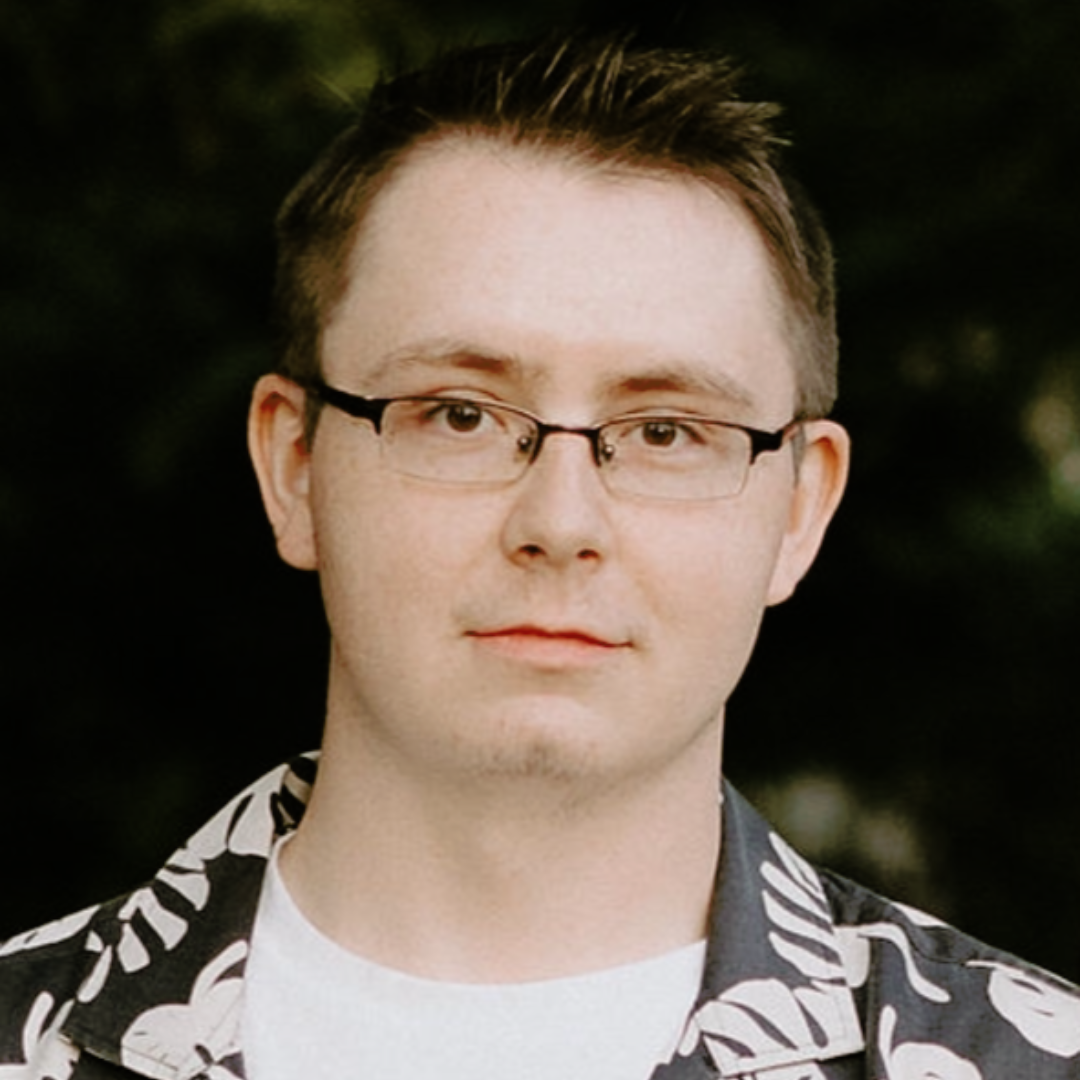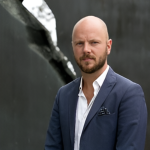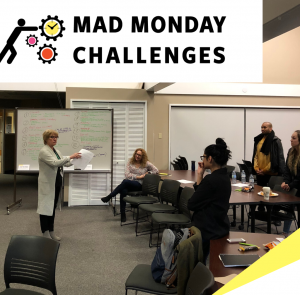 Logan York is a recent BA graduate in Psychology with a minor in Criminal Justice. Originally from Red Deer, Alberta, Logan found his way to British Columbia, where he has lived most of his life and began shaping his career aspirations.
Logan York is a recent BA graduate in Psychology with a minor in Criminal Justice. Originally from Red Deer, Alberta, Logan found his way to British Columbia, where he has lived most of his life and began shaping his career aspirations.
Logan’s fascination with psychology grew from a lifelong curiosity about human behaviour, particularly in understanding criminal behaviour.
“I’ve always had a fascination for psychology. More than that, I’ve always been interested in why people behave or act in certain ways. (…) I have always wanted to know why criminals commit serious crimes. Crimes that ordinary people would find unfathomable. These curiosities are the foundation of why I chose a BA in Psychology and a minor in Criminal Justice.”
Envisioning a career working with individuals who end up in the judicial system, Logan’s academic journey took an exciting turn when he secured a practicum placement with the Correctional Service of Canada. During his semester-long placement, Logan had the opportunity to visit various correctional facilities throughout the Lower Mainland and Fraser Valley, spanning from minimum to maximum security. Immersed in diverse environments, he gained a deeper understanding of each facility’s dynamics and worked closely with a wide range of working professionals. Stepping into the high-security environment of a prison was an impactful moment for him as it offered firsthand insight into the complexities of the correctional system.
Nonetheless, the journey presented its own set of obstacles. Logan found himself navigating the delicate balance of establishing boundaries within the confines of the prison walls. “Ensuring that I set appropriate boundaries between myself, and the inmates was a significant challenge,” he admits. Yet, through perseverance and determination, he learned the importance of maintaining both spatial and personal boundaries, a valuable lesson that shaped his experience.
Reflecting on his practicum experience within the correctional system, Logan remains inspired by the multitude of career opportunities it offers. “My practicum opened my eyes to the plethora of positions within Correctional Service Canada that I did not know existed,” he shares. As he thinks about his next steps, Logan’s career path remains open-ended, with a keen interest in working with offenders either within the Correctional Service of Canada or in the broader community.
For future students embarking on a similar journey, Logan offers some wise advice:
“If you have interests, explore them. You do not need to wait until you have chosen a career before exploring these interests. I would also recommend completing a practicum during your undergraduate degree as this was a defining moment for me during my time at UFV.”



 In November 2023, Criminology Assistant Professor Dr. Mark Kersten was invited to speak to the House of Commons Standing Committee on Foreign Affairs and International Development about Canada’s approach to diplomacy, particularly its inconsistent commitment to international law. As an expert witness, he testified about his hope that Canada could be a leader in human rights and concerns over Canada’s double standards in the investigation and prosecution of international crimes – war crimes, crimes against humanity, and genocide – both abroad and in Canada. Mark was also asked to submit a written brief to the Standing Committee, which is now part of the House of Commons official record.
In November 2023, Criminology Assistant Professor Dr. Mark Kersten was invited to speak to the House of Commons Standing Committee on Foreign Affairs and International Development about Canada’s approach to diplomacy, particularly its inconsistent commitment to international law. As an expert witness, he testified about his hope that Canada could be a leader in human rights and concerns over Canada’s double standards in the investigation and prosecution of international crimes – war crimes, crimes against humanity, and genocide – both abroad and in Canada. Mark was also asked to submit a written brief to the Standing Committee, which is now part of the House of Commons official record.